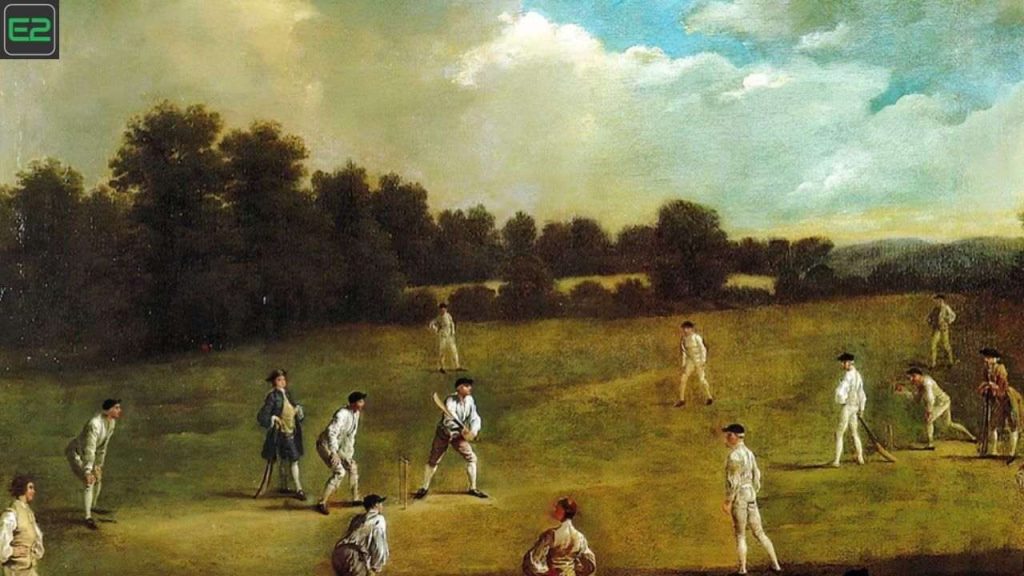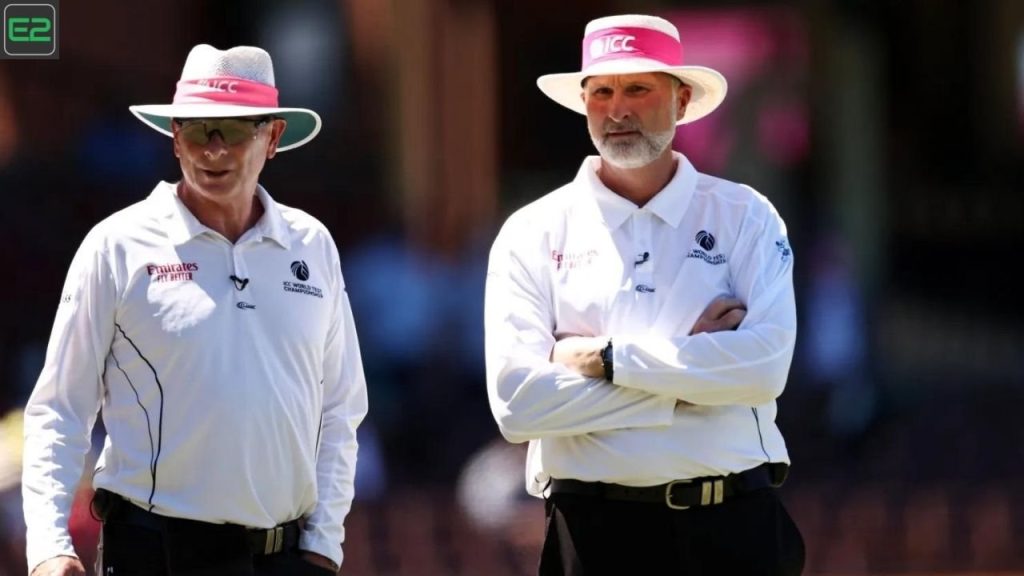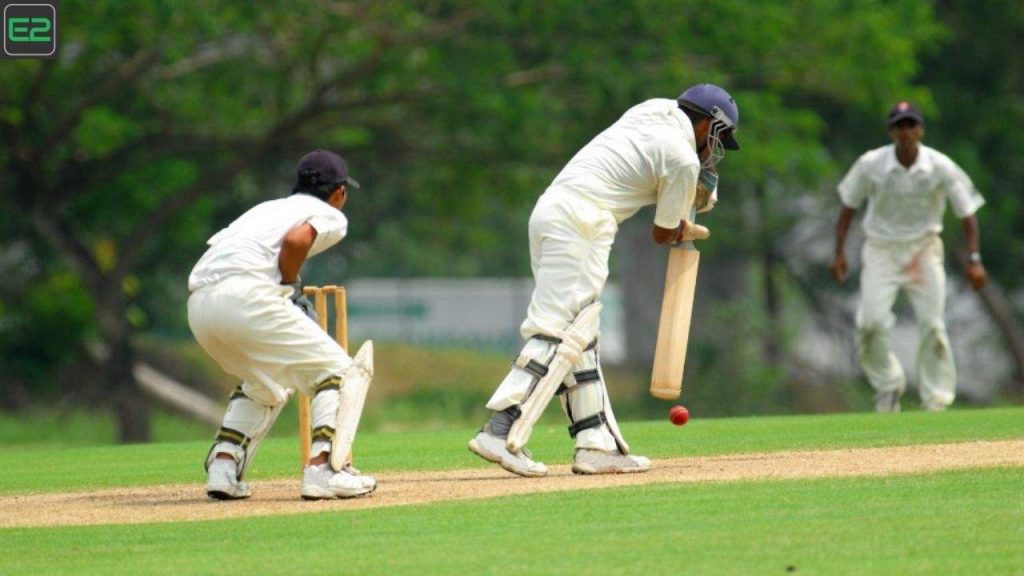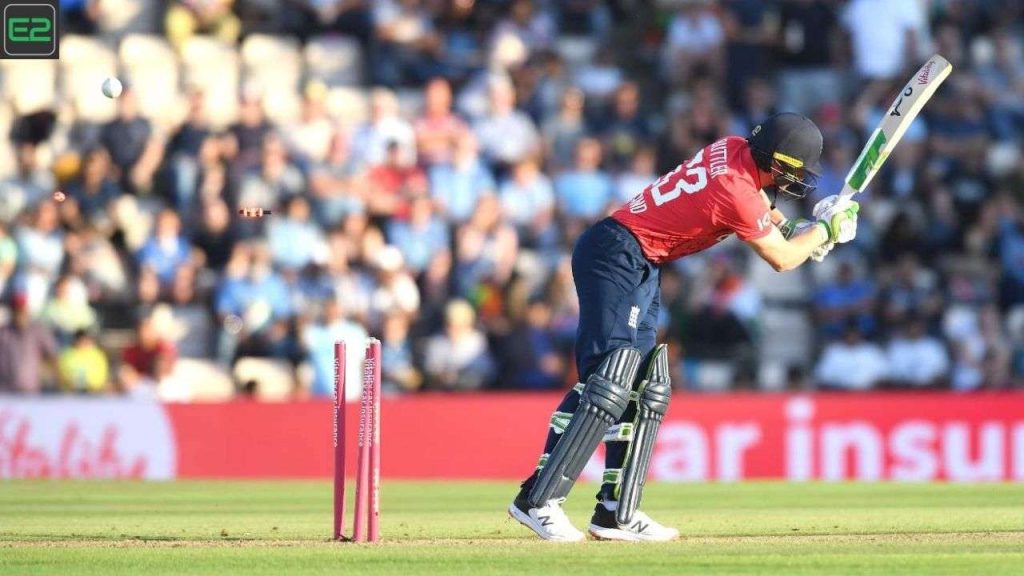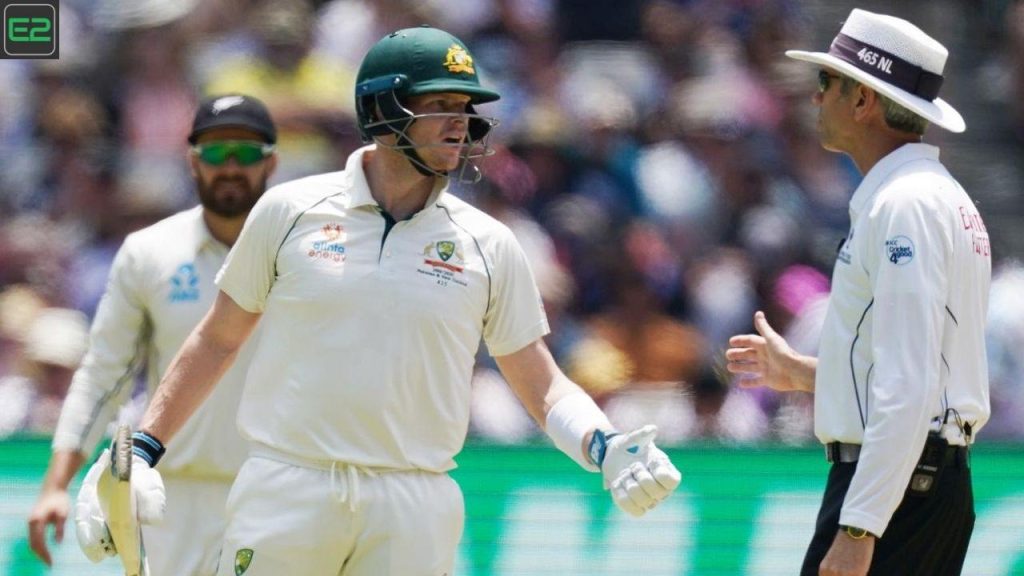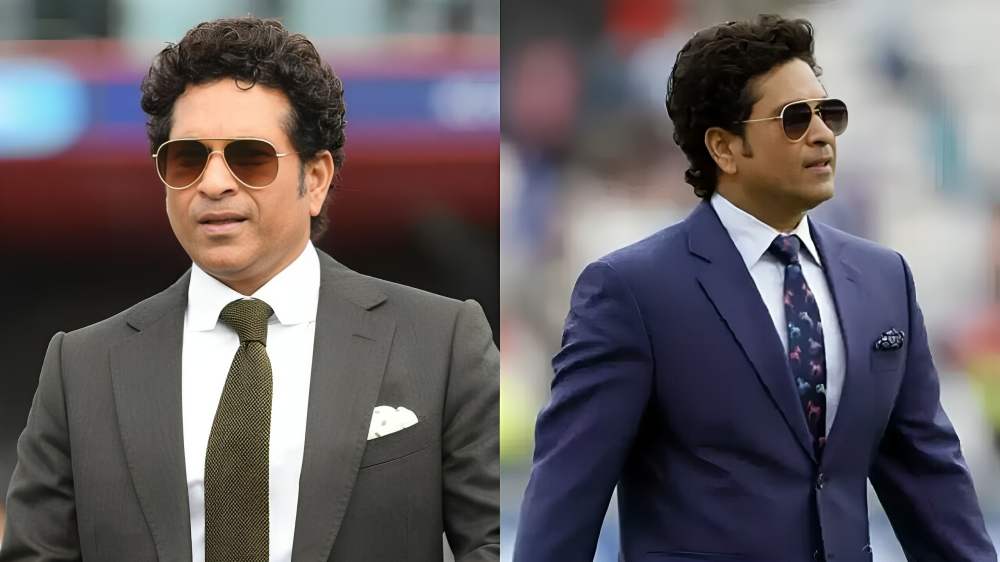In the game of baseball, a home run is one of the most exciting and celebrated feats a player can accomplish. It involves hitting the ball over the outfield fence and allowing the batter to round all the bases and reach home plate safely, scoring a run for their team. However, what happens if a player hits a home run but misses a base along the way? This scenario introduces an interesting rule in baseball that can have consequences for the hitter, the team, and the overall game. Understanding what happens when a player misses a base after hitting a home run is crucial for both players and fans of the sport.
The Basics Of A Home Run
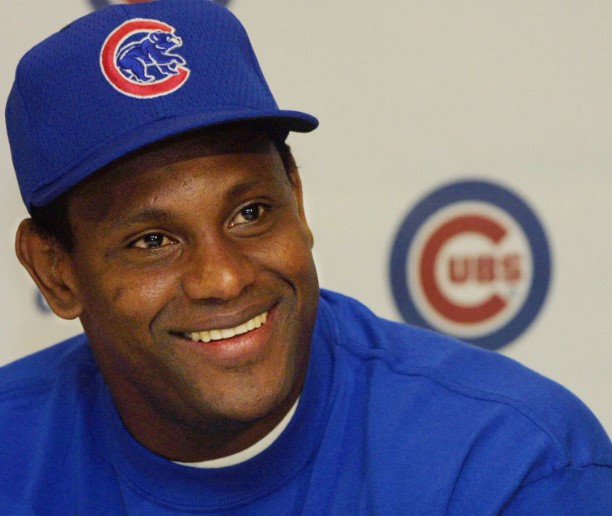
A home run is defined in baseball as a hit that allows the batter to reach home plate after hitting the ball out of the playing field. This can happen in various ways, but it is most commonly a hit that lands over the outfield fence, rendering it out of play and giving the batter an automatic safe passage around the bases.
Once the batter hits the ball out of the field of play, they are free to begin running the bases, starting with first base and continuing in the counter-clockwise direction. A home run is a celebrated moment, as it not only scores the batter but also any base runners who were already on the field at the time of the hit.
The Importance Of Touching Every Base
Baseball has a specific rule that every base must be touched in sequence for a run to count. After hitting a home run, the batter must touch first base, second base, third base, and finally reach home plate. This requirement ensures that the batter follows the proper course of action around the bases. If any base is missed, the run may be nullified, or the batter could be called out depending on the circumstances.
The idea of missing a base may sound unusual since players are usually very meticulous about touching each base. However, this mistake can and does happen, sometimes leading to confusion on the field.
What Happens If A Batter Misses A Base During A Home Run?
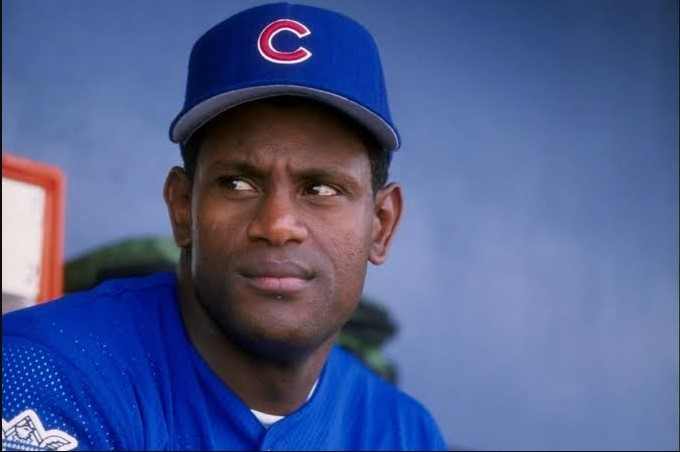
If a batter hits a home run but fails to touch one of the bases, they risk being called out on an appeal play. An appeal is a type of play in baseball where the defense alerts the umpire that a violation has occurred. In this case, the violation would be the missed base.
If a batter misses a base during their home run trot, the opposing team has the right to appeal. Here’s how the process works:
The Missed Base is Noticed: The first step in the process is that the defensive team must notice the mistake. For example, if the batter misses second base, the defense must realize the batter did not touch it before they reach home plate.
The Appeal is Made: The defensive team must then throw the ball to the base the batter missed. This is usually done by the player positioned closest to the base, like the second baseman if the batter missed second base. The throw must be made in a timely manner for the appeal to be valid.
The Umpire Makes the Call: If the appeal is successful, the umpire will call the batter out for missing the base, regardless of whether the batter has crossed home plate or not. The run is then nullified, and the batter is out.
Consequences Of Missing A Base During A Home Run
Run is Nullified: If the batter misses a base, the primary consequence is that the home run does not count. The score is erased, and the player is out. This situation can significantly affect the outcome of a game, especially in tight contests where every run counts.
Batter is Out: Along with the run being nullified, the batter is out. This means that the batter is not allowed to continue their home run trot and must return to the dugout after being called out on the appeal play. For the team, this also means they lose a precious offensive opportunity.
Impact on Base Runners: If there were base runners on the field at the time of the home run, they too may have their runs nullified if they did not follow the same protocol of touching every base. If the batter is out on the appeal play, the base runners must return to their previous bases, and the runs they would have scored no longer count.
Examples Of Missed Base Scenarios

- Example 1: A batter hits a home run, but in their excitement, they fail to touch second base. The opposing team notices the mistake and makes an appeal by throwing the ball to second base. The umpire calls the batter out, and the home run is nullified. The team loses a valuable run in this case.
- Example 2: A player hits a home run and, while rounding the bases, steps off course and misses first base. The opposing team makes the appeal by throwing the ball to first base, and the batter is called out. This error leads to the loss of a potential run.
Real-World Example
One of the most famous examples of a missed base during a home run came from a game involving the New York Mets and the Florida Marlins in 1997. Mets player Butch Huskey hit a home run but missed first base on his way around the bases. The Marlins noticed the error and appealed to first base. Huskey was called out, and the home run was nullified, which brought attention to this uncommon but important rule in baseball.
Strategies To Avoid Missing a Base
Focus and Discipline: Players must always be alert and focused when running the bases. It’s easy to get caught up in the excitement of hitting a home run, but a disciplined approach ensures the player touches each base without fail.
Coaching: Coaches often remind players to focus on touching the bases properly. In some cases, coaches will give instructions during the game to help prevent these types of errors from happening.
Repetition and Practice: Practicing base running is a fundamental part of a player’s training regimen. By consistently practicing running the bases and mentally rehearsing the sequence of steps, players are less likely to make this mistake in crucial moments.
In baseball, hitting a home run is one of the most thrilling achievements a player can experience. However, if a player misses a base during the home run trot, the consequences can be significant. The run may be nullified, and the batter could be called out on an appeal play. It is essential for players to remember the importance of touching each base, even in moments of excitement, to ensure that their hard-earned home run counts. For fans and players alike, understanding the nuances of the rules surrounding home runs and base running helps enhance the appreciation of this iconic moment in the game of baseball.
Common Scenarios Of Missed Base Violations
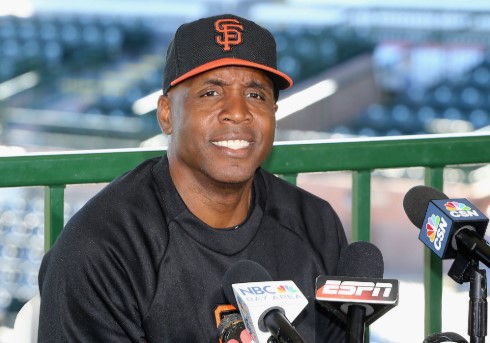
| Scenario | Outcome | Explanation |
|---|---|---|
| Batter hits home run and misses first base | Run nullified, batter out | Opposing team appeals to first base. |
| Batter hits home run and misses second base | Run nullified, batter out | Opposing team appeals to second base. |
| Batter hits home run and misses third base | Run nullified, batter out | Opposing team appeals to third base. |
| Batter hits home run, but misses home plate | Run nullified, batter out | Opposing team appeals to home plate. |
This table summarizes the different violations and the consequences of missing bases during a home run in baseball. These situations, although rare, serve as a reminder of the importance of precision in the game.




